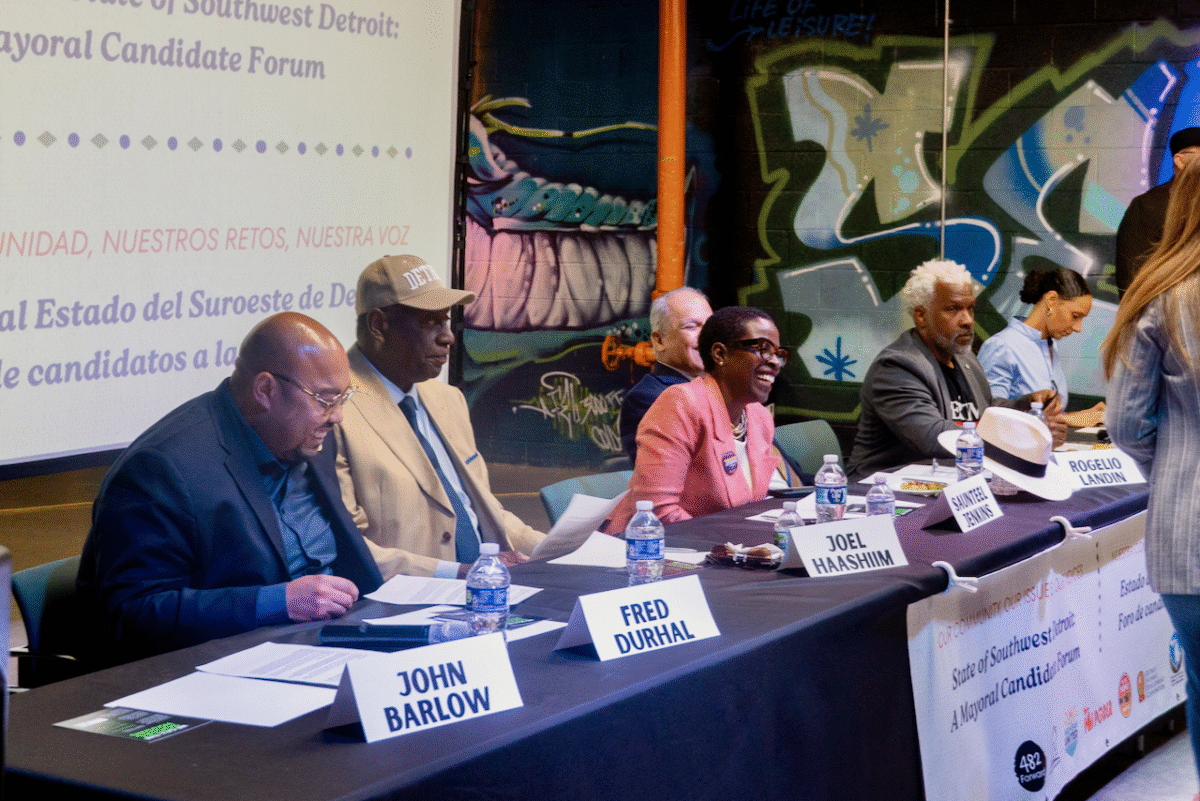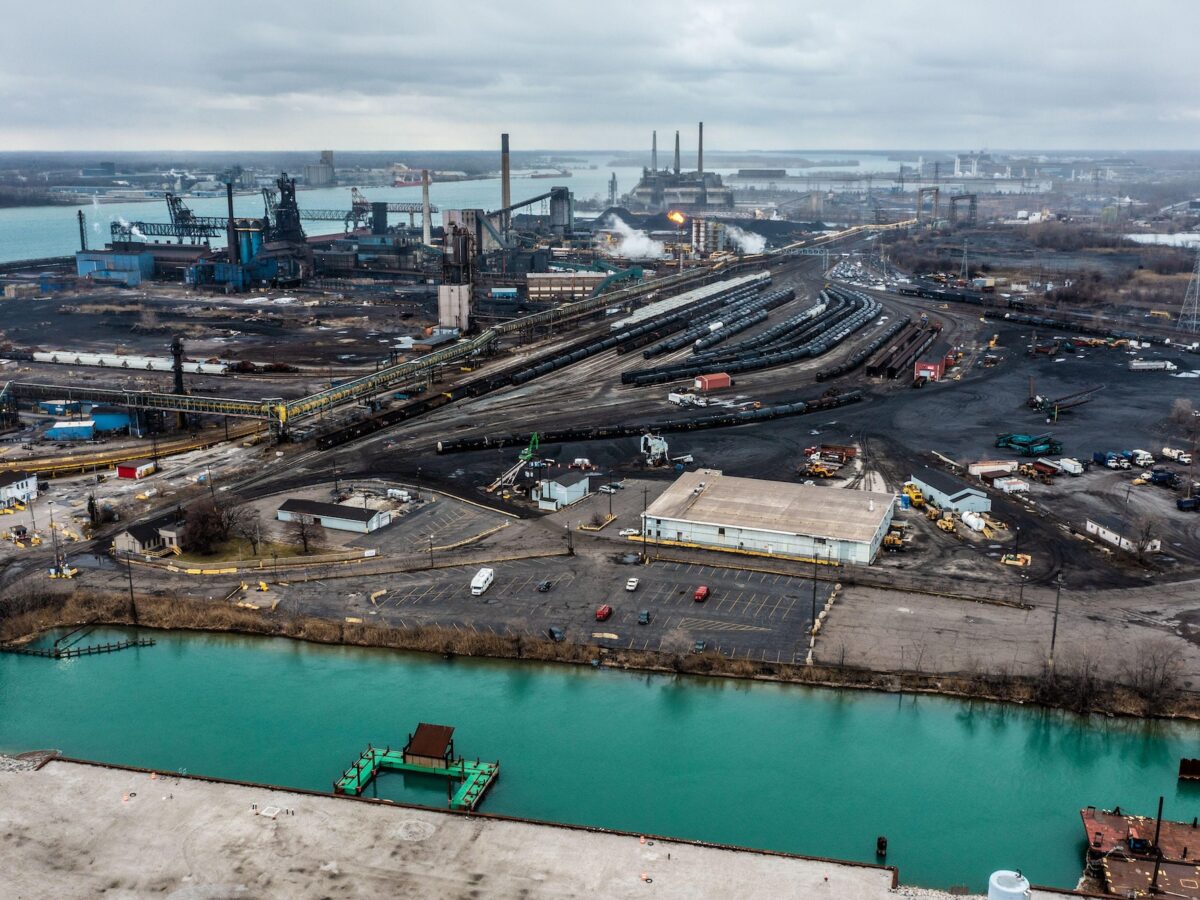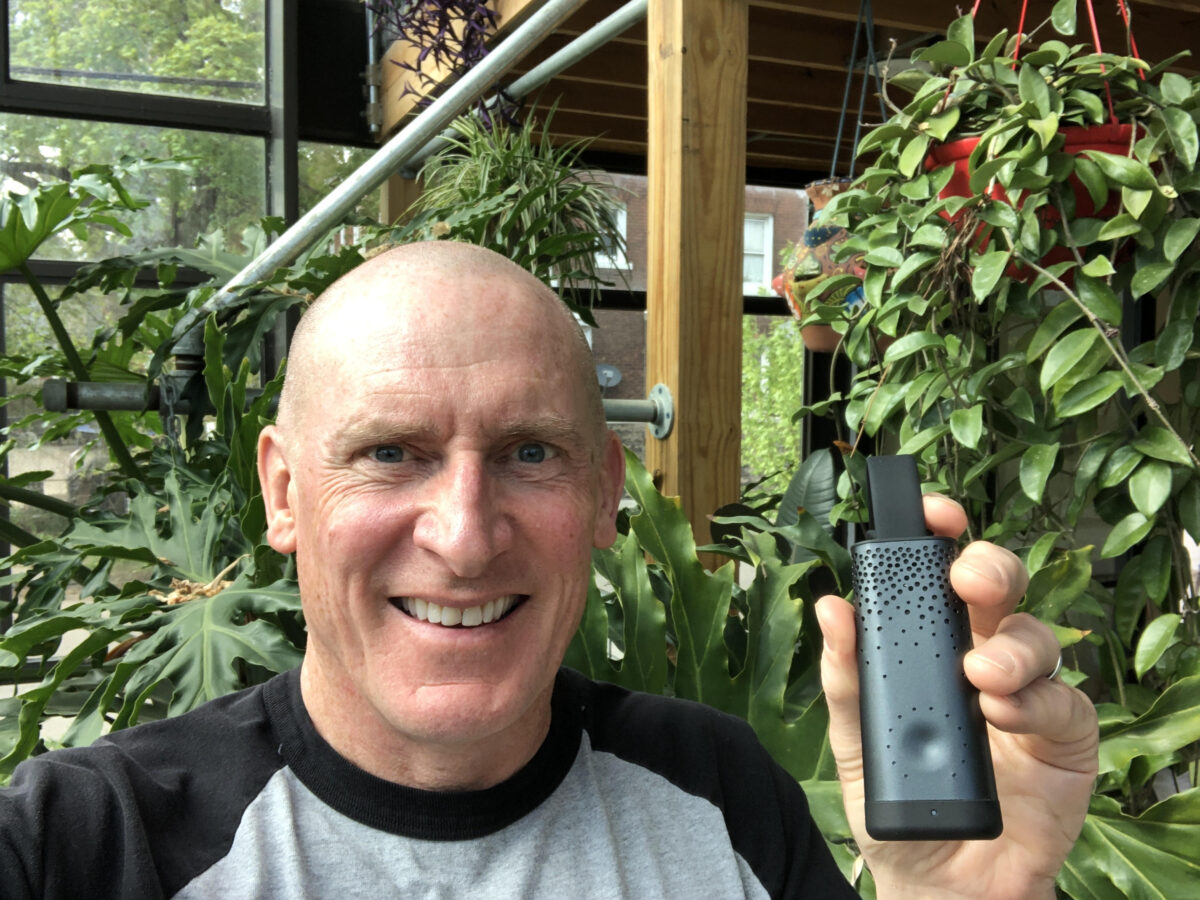Overview:
-Detroit's mayoral hopefuls gather to address Southwest Detroit's pressing issues, from immigration to pollution.
-"We should not continue to bring heavy industry and those that pollute into residential communities throughout the city of Detroit," says Detroit City Council President Mary Sheffield.
-Resident Monica Cervantes says candidates forget about campaign promises after elections.
Seven Detroit mayoral candidates showed up Saturday for a community forum on immigration, pollution, and other issues affecting Southwest Detroit ahead of the city’s Aug. 5 primary election.
East side Detroit resident Toria Boldware King was among the roughly 175 people who attended the event at the Detroit Hispanic Development Corporation building in Corktown. She told Planet Detroit she wanted to hear candidates’ plans to address littering and blight, truck traffic, and U.S. Immigration and Customs Enforcement activity in the city.
“I want to make sure that whoever is the mayor isn’t basically giving ICE and other federal agents free reign to come in and disrupt our community,” she said.
She expressed concern about the environmental and safety threat posed by trucks going to the Stellantis plant near her house, but said she wanted to see leaders balance addressing these issues with the need to protect jobs in the city.
Going into the meeting, Boldware King said she is keeping an open mind, and leaning toward supporting Detroit City Council President Mary Sheffield because of her experience.
Candidates John Barlow, Detroit City Councilmember Fred Durhal III, Joel Haashiim, Saunteel Jenkins, Rogelio Landin, Todd Perkins, and Sheffield attended the event, while James Craig, Solomon Kinloch Jr., and DaNetta Lynese-Simpson were absent.
Residents and local leaders used the forum to discuss the challenges Southwest Detroit faces from immigration enforcement, truck traffic, and air pollution — and the February water main break that flooded hundreds of homes. Several mayoral candidates said the area has been neglected by city leadership despite its thriving business community and diverse population.
“Southwest Detroit and its residents are some of the most resilient people in the city of Detroit,” Durhal said, adding that residents stayed in the neighborhood for years despite environmental and immigration issues and disinvestment.
Organizers provided headphone translation services for attendees at the event, which was structured around resident testimony, followed by questions from event organizers. Audience members received green and red cards to express their approval or disapproval with the candidates’ statements.
Resident says more help needed after Southwest water main break
Leticia Cruz told candidates she stayed in a hotel for two months after the water main break, saying the city failed to provide her with the help repairing her house that was promised. She said she feared she would be unable to adopt her children, a process she had begun at the time of the flood, because of the condition of her house.
“I’m asking candidates to not be like the mayor right now, to go in front of our community and stand in front of the best houses and act like everything is OK and that everything is fine,” she said, speaking through a translator.
Council President Sheffield said opportunity hubs should be opened in Southwest and other neighborhoods to provide home repair grants and other programs. The city needs to do a better job coordinating emergency response efforts and directing infrastructure funding to historically neglected areas, she added.
“We will ensure that as funding comes from the federal government, the state, and the city … that we are investing in that aging infrastructure,” Sheffield said.
Businessman Joel Haashiim said the Great Lakes Water Authority, which operates the regional water and wastewater system, is failing to address the city’s aging water infrastructure, even though Detroit is the authority’s largest customer. GLWA manages and leases the water main that burst in February, Detroit Mayor Mike Duggan said in February.
“I’m the only candidate that has called for taking back Detroit’s water,” Haashiim said, a statement that was greeted by applause.
Jenkins, former CEO of The Heat and Warmth Fund and former Detroit City Council president, said no mother should have to come to a mayoral forum to ask for help.
“You elected people who represent you, they should have been knocking on your door to say, ‘How can I make sure you and your kids are safe?'” Jenkins said.
Candidates promise to address truck traffic, air quality concerns
Dr. Felix Valbuena Jr., CEO of Southwest Detroit’s Community Health and Social Services Center, called attention to the toll trucking is taking in the area.
Truck emissions contribute to asthma and chronic bronchitis, and noise from the vehicles can lead to stress, high blood pressure, and anxiety, Valbuena said.
“As a physician dedicated to the health and wellness of our community members, I urge action to reduce these impacts, whether through better infrastructure, stricter regulations, or rerouting heavy traffic,” he said.
Organizer Raúl Echavarria asked how candidates would respond to what he describes as a public health crisis created by truck traffic, with the Gordie Howe International Bridge expected to bring even more trucks to the community.
Detroit City Council member Durhal touted his support for a fugitive dust ordinance, which requires businesses like scrapyards and concrete plants to follow stricter rules to reduce dust. A strategic plan for the city could help reroute truck traffic away from residential neighborhoods, he said, adding that some industrial areas should be downzoned.
Both Durhal and Jenkins called for better enforcement to keep trucks off residential streets.
“We should put huge fines on trucks and companies that regularly violate these ordinances and utilize those funds to create a fund to do some reparative work in the communities that are being affected,” Jenkins said.
Sheffield said she supports the fugitive dust ordinance and plans to back a forthcoming truck route ordinance, and said more pollution mitigation measures are needed.
“We should not continue to bring heavy industry and those that pollute into residential communities throughout the city of Detroit, and we will be very firm and adamant in not doing so,” she said.
MORE REPORTING FROM PLANET DETROIT
Michigan regulators approve air pollution permit for Zug Island coke facility
Michigan regulators greenlight permit for a coke screener at DTE Energy-owned EES Coke Battery on Zug Island.
Balancing safety and community in Southwest Detroit: Lessons from Clark Park’s revitalization
In Southwest Detroit, Clark Park stands as a testament to community resilience, evolving from a site of drug activity and violence into a vibrant neighborhood hub. This transformation, driven by grassroots initiatives and city collaborations, highlights the power of community-centered policing, though it sparks debate over police roles in public spaces.
Chemical odors in Southwest Detroit trigger April air quality complaints
Southwest Detroit resident Ed Gies reported a petroleum smell at Delray Park on April 12. Despite suggestions the odor may have originated with Marathon Petroleum Corp., Michigan’s environmental regulators could not identify the source, highlighting ongoing pollution challenges in the area.
Candidates say they will stop Detroit police from collaborating with ICE
Southwest Detroiter Jitcel Tellez-Luz said immigration enforcement created a climate of fear that prevented residents from accessing resources following the water main break.
Organizer Yvonne G. Navarrete asked candidates how they would prevent the Detroit Police Department from unnecessarily working with ICE or engaging in racial profiling.
Candidate Perkins, an attorney, said he would employ the city’s civil rights department to stop racial profiling.
“I will use the Detroit Police Department to monitor ICE as they go and as they come into our city to ensure safety,” Perkins said, a statement that met with many green cards expressing approval.
Durhal, Haashiim, Jenkins, Landin, and Sheffield all said they would prevent DPD from cooperating with ICE or otherwise protect immigrant communities.
Businessman Barlow said there should be “a total overhaul of how we’re approaching the situation so that we can have our families protected because they’re going to touch every last one of our families if we don’t.”
Following the event, Southwest Detroiter Monica Cervantes said she’s glad candidates came to listen to the community, but hoped to hear more about solutions to the area’s problems.
Cervantes has asthma, a condition she said has grown worse since she moved to Southwest Detroit a decade ago. Speaking through an interpreter, she said she fears promises to pass a truck route ordinance will not be kept.
“They want our vote and want us to be interested,” Cervantes said. “And then we give them our vote and they forget about their campaign promises.”





